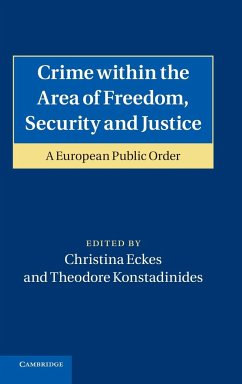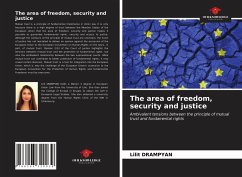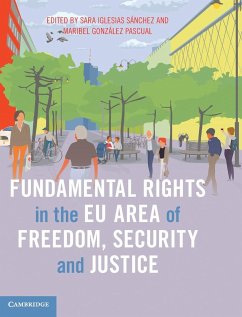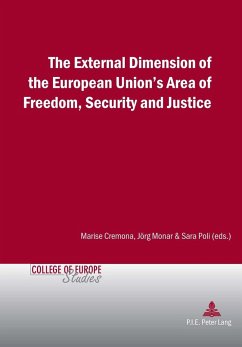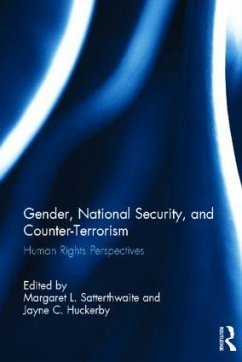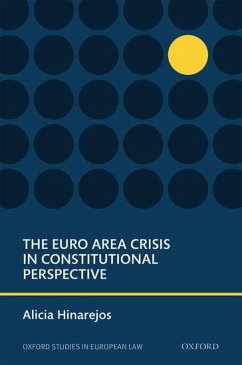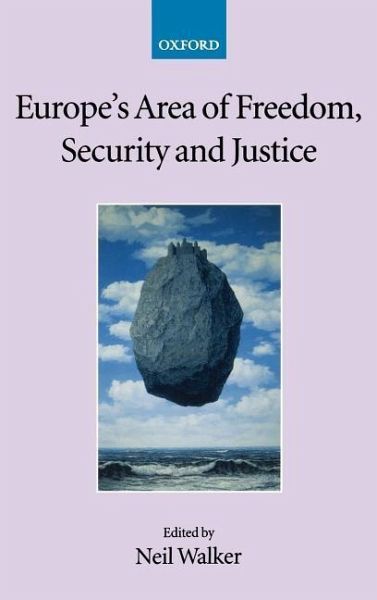
Europe's Area of Freedom, Security, and Justice

PAYBACK Punkte
53 °P sammeln!
An introductory chapter examines the various policy strands covered by the AFSJ; investigates what, if anything, can be viewed as its distinctive legal underpinning; and discusses its possible future development in the light of current discussions over the adoption of a first documentary Constitution for the European Union. In addition to setting out the main contours of legal policy, each chapter examines the continuing tension between national sovereignty on the one hand and a growing commitment to collective, EU-wide action on the other. The volume also addresses the wider constitutional implications of a growing supranational capacity in questions of the priority of political values in the evolving EU; fundamental rights protection; the control of new forms of executive and administrative discretion; and the pressures of accommodating the ten new Enlargement states within the internal security field.
This volume explores the main areas of legal development under the so-called 'Area of Freedom, Security, and Justice (AFSJ) 'which was introduced into European law under the Treaty of Amsterdam of 1997. It examines the main subject-matter of the new AFSJ: migration, family reunion, asylum, police co-operation, and co-operation in matters of criminal law and criminal procedure, and includes discussion of the future of the AFSJ against the background of the current drafting of a first Constitution for the European Union.






